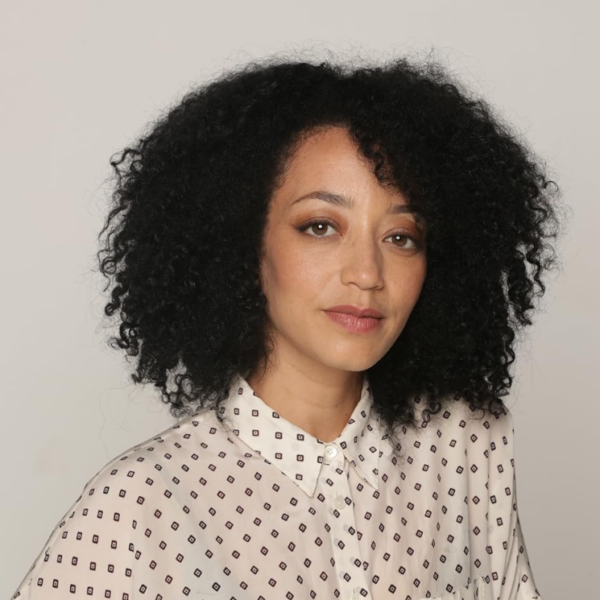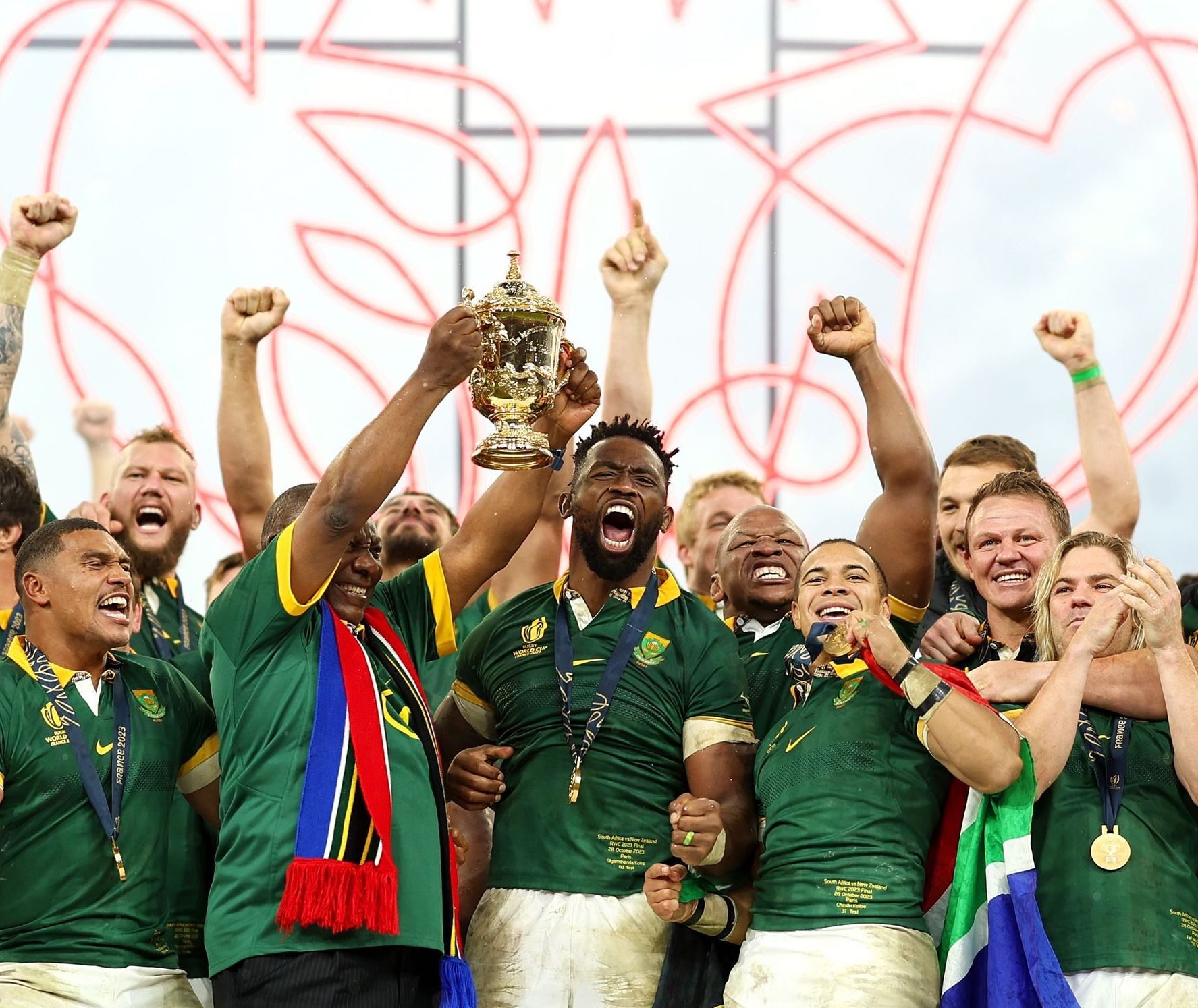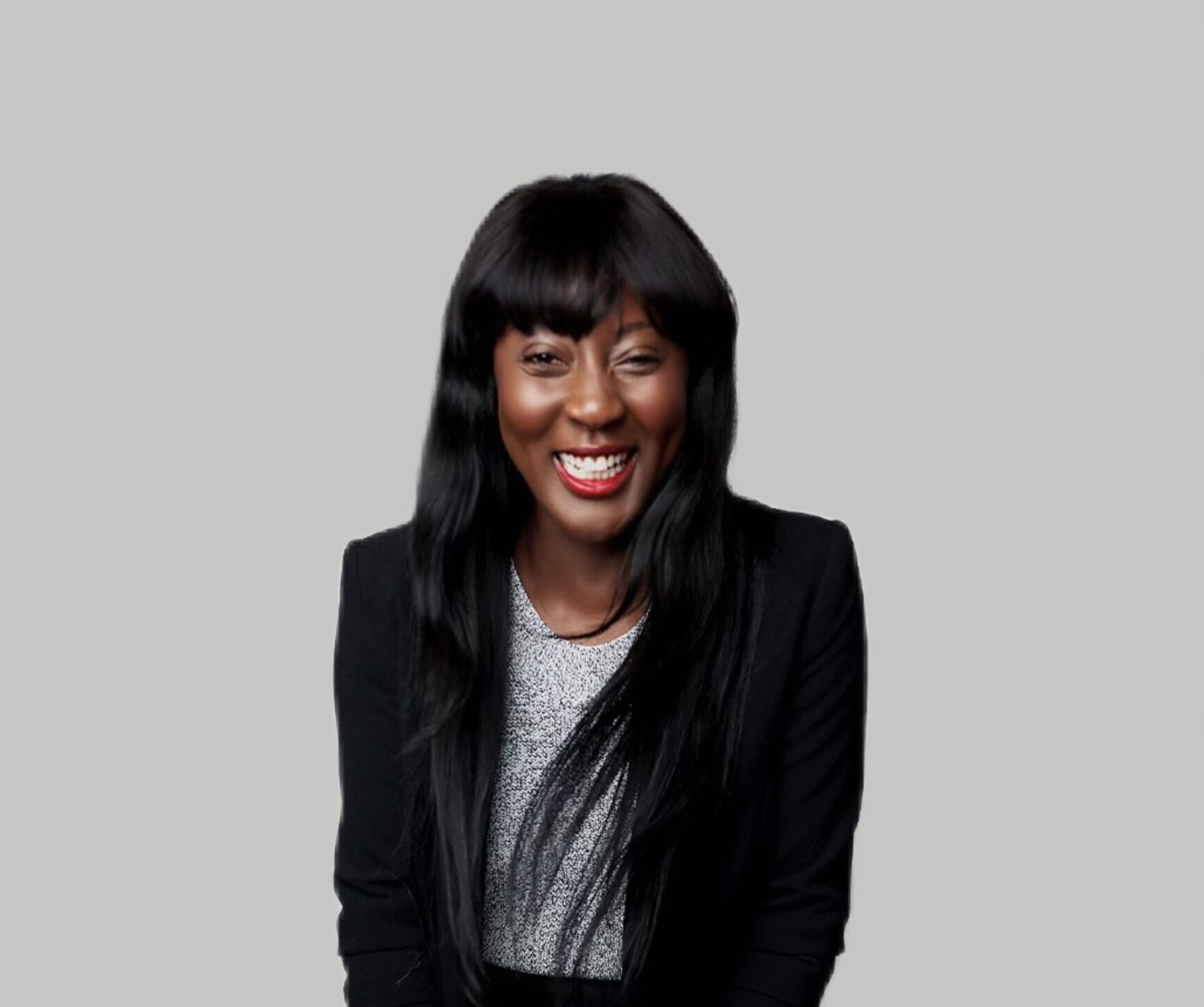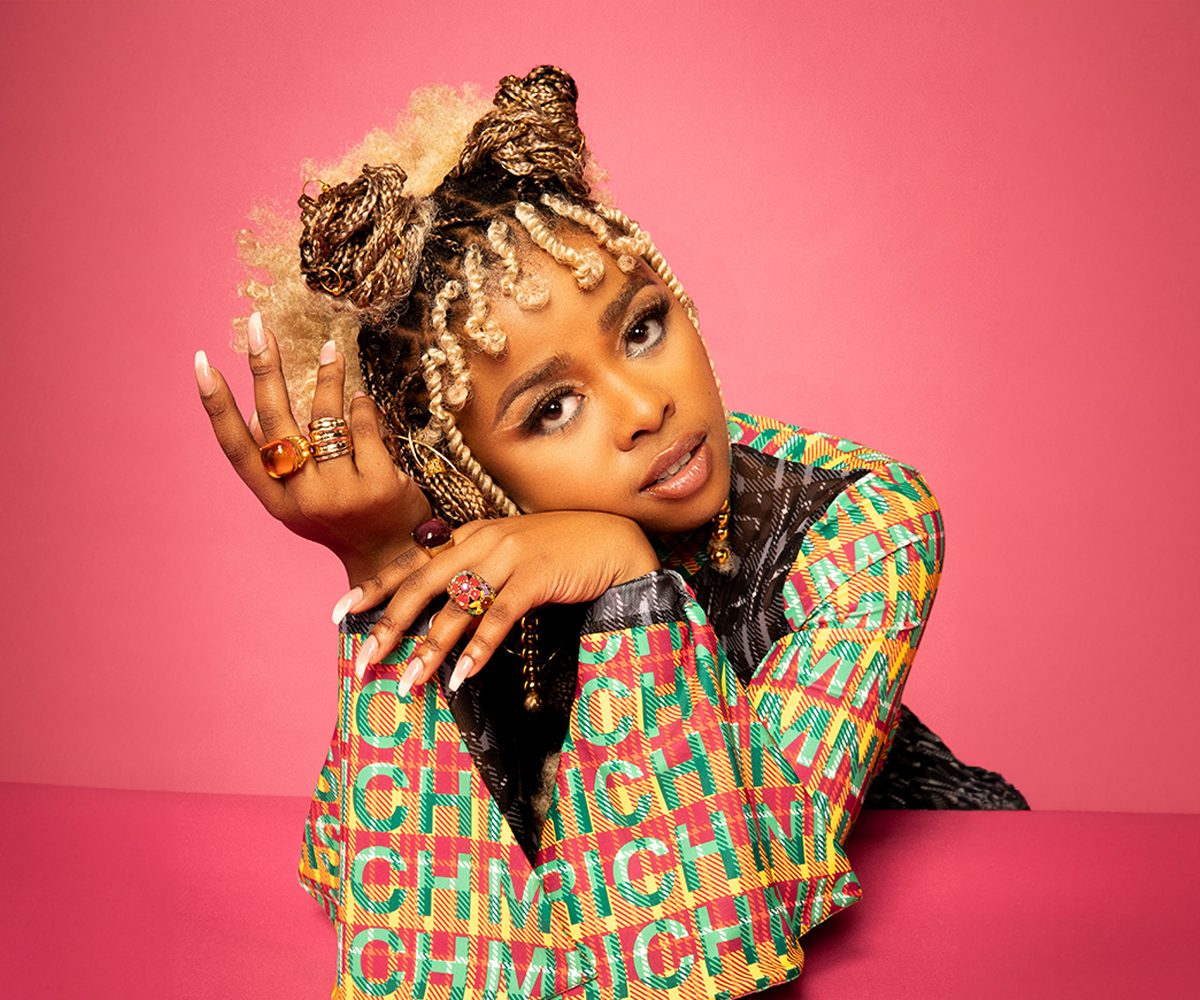
Photo credit: ESPN
Film
Joie Jacoby on Directing ‘Candace Parker: Unapologetic’

Photo credit: ESPN
By Chisom Peter Job
November 2023
Candace Parker: Unapologetic tells the story of one of the greatest WNBA players ever. Director Joie Jacoby hails from the world of sports, having started at ESPN right out of college. She would go on to cover the Olympics, winning an Emmy for her work at London’s 2012 games. Following a documentary on Wendy Williams and Netflix’s Unsolved Mysteries, her directorial chops sufficiently sharpened, Jacoby was ready to tackle a project that matched her passion.
“I’m really just interested in telling stories about people who are super fascinating. I’ve never done reality television or anything like that. I’ve always just been in the world of learning about people, what makes them tick, and how they become who they are. So, you know, the story of Candace fits right in there, too,” she tells STATEMENT.
Jacoby spent three years following the superstar, longer than any previous documentary she’s worked on.
STATEMENT caught up with Jacoby to discuss directing the documentary film, working with Candace, and more.
This interview has been edited for length and clarity.
STATEMENT: What can you share about your experience directing this documentary?
Jacoby: Once Candace decided she was willing to do this film and was ready to tell her story, she was honest, open, and candid. She was willing to go there and talk about things she had never really spoken of on camera before — from her personal and professional life. So yeah, I mean, it was just really a process of spending a lot of time with Candace from 2021 through, you know, the beginning of this year when we finished filming. I think we did one small shoot this year. But everything was mostly done in 2021 and 2022.
How familiar were you with her story before this project?
I have been a fan of Candace and followed her career for many years. I worked on the ESPY Awards for ESPN for many years, which is like a big award show where all the biggest athletes in sports come together. And so the first time Candace came on my radar was when she was drafted into the WNBA and she was invited to the ESPYs. I learned so much because everybody was talking about her, and she was a really big deal, which is something you see in the film.
Over the years, there have been some moments where she was a bigger deal, or the media made her a big deal in a way that we hadn’t seen women basketball players ever be highlighted. So from that first moment, I think it was 2006 or 2007, about when she was drafted, that’s when she really came on my radar. One of the things that was interesting to me was there was this huge emphasis, even at that time, on her looks and how beautiful she was. I mean, obviously, she’s a really beautiful woman. But I definitely hadn’t seen that sort of emphasis on black female athletes, particularly basketball players. We talked about how all this attention was on her and what that meant in the film.
So, what’s one thing you learned from Candace Parker during the course of making the film?
As I said, I worked with, you know, many of the top athletes; women, men, but you know, in particular, like a lot of these lady athletes that I’ve met over the years, and something really unique about Candace, despite, the accomplishments she’s had, is how grounded and down to earth she is.
How did you approach the process of telling Candace’s story and bringing it to life?
One of the big things was to tell her full story, and we needed a lot of archival material and footage. And Candace is incredible. She filmed a lot of stuff over the years, especially with her kid and traveling all over the world, playing in Russia, and playing in China. She had a wealth of material, just photos and videos. But one of the other things we really needed was stuff from her childhood, and if you saw the film, you saw there was a lot of old footage of her as a little girl, and that material all came from her mother.
But it wasn’t easy to obtain all of that footage because it was all very old and was not digitized, and her mother didn’t want to give it away. She didn’t want to just hand it off to us. Even though we were starting to get to know each other. So I had to go to Chicago and bring a VHS and TV tape recorder to her, and we watched everything at her house. And I was amazed by the stuff that I was seeing. She had news reports that nobody else had because they don’t archive these things, so I went through them, and then she allowed me to go and digitize them and bring them back to her. And I did that. So that was a really, really big part of the process and it took several days to just go through all of her material and copy it and get it back.
How do you incorporate feedback and criticism into your work, and how has this helped you over the course of your career?
Feedback is good, and a director has to have a motivating factor on what they want their film to be. Making films is not done with one director or one person. It’s not done with just me in there, and I could not have made this film without the incredible producers I worked with, all women who were pivotal in making it. There was feedback at every stage, including edits, and documentaries are super difficult to make with many people producing. It’s really a process from start to finish, with me as the director being the driving force, and nothing would get made if it was just me.
Have any of your projects ever taken you to the continent — Africa? If yes, tell me about it.
Yeah, and I’m hoping some more will bring me there soon! The first project that brought me to the continent, and my favorite thing to have worked on, was a story about Mandela and the Springboks for ESPN. We filmed in Johannesburg and Cape Town and with many of the archivists who had been working with Mandela for decades. We also filmed with locals, fans, and former players of Springboks, and that was an incredibly moving trip for me and brought a lot of emotions for me to be there.
It was an amazing opportunity to tell the story of Mandela to an American audience and how he used sport to bring the country together after so much pain. I also spent some time in Egypt during the Arab Spring — I can’t speak about where it’s ending up next — covering it and the liberation movement that, in many ways, has stopped and started many times in that region. I can’t wait to come back, and I would love to find another way to come back to film the continent!
What can we look forward to from you?
I’m doing a three-part documentary series for Hulu that tells the story of Black Twitter, which is really just how black folks are on the internet and have been driving culture on the internet and in real life for the last 20 years. So that’s upcoming and will be out early in 2024, and I am really excited about that. It was great diving into the pop cultural world when telling that story, and looking at politics, etc. It brings a lot of my interests together in one place.
Candace Parker: Unapologetic is currently streaming on ESPN.



